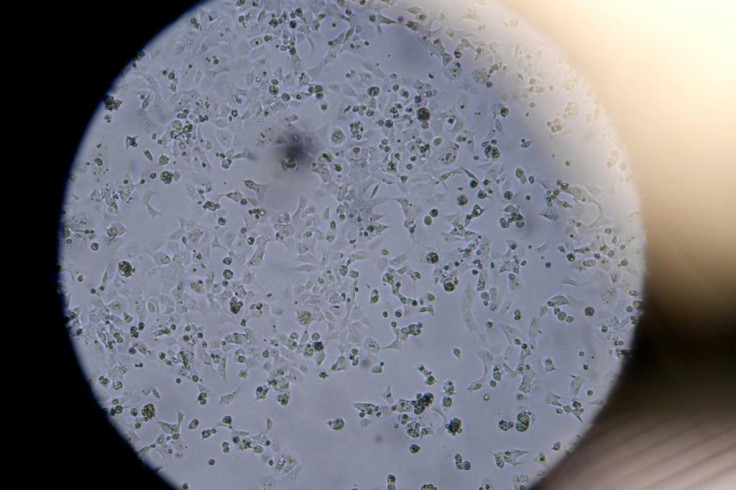Harvard and DARPA collaborate for $16 mn deal to screen FDA-approved COVID-19 drugs
This collaboration hopes to help narrow down which medication approved by the FDA, is effective for treating COVID-19 patients.
As analysts predicted, the combined efforts of the government, healthcare experts, and medical researchers have led to several groundbreaking advancements in the fight against the 2019 novel coronavirus. In fact, there have been some developments related to treatments and vaccines, with some already in late stages of clinical trials. Now, the United States government is pushing it forward via a partnership between the Defense Advanced Research Projects Agency (DARPA) and Harvard's Wyss Institute valued up to $16 million.
This collaboration hopes to help narrow down which medication, approved by the Food and Drug Administration (FDA), is effective for treating COVID-19 patients. It is doing so with the help of cutting-edge "computational drug-discovery pipelines and human organ chip technology." Credit goes to Harvard University's Wyss Institute for Biologically Inspired Engineering.
According to Harvard John A. Paulson School of Engineering and Applied Sciences professor of bioengineering and Wyss founding director Donald Ingber, "Over the past few years, the Wyss Institute has been building up its computational approaches to identify compounds as potential therapeutics and validate them using our human organ chip microfluidic culture technologies to validate them, but the emergence of COVID-19 has really galvanized us to quickly integrate all of our capabilities and bring full force to bear on that challenge."
This method allows the researchers to test and analyse human response to COVID-19 infections and to verify if a specific drug is effective as a treatment. Moreover, the researchers from Icahn School of Medicine at Mount Sinai's tenOever Lab and University of Maryland Medical School's Frieman Lab are also helping out with parallel experiments to determine which works and those that do not.
Ingber added: "Our initial successes allowed us to obtain this new support from DARPA, which we hope will greatly accelerate the development of drugs that might be used to prevent the spread of disease in large populations, as this is precisely what is needed before we can all go back to something close to life as usual."

Meanwhile, a team of experts from Oxford University announced earlier this week that they have discovered a life-saving treatment for COVID-19. Dexamethasone – a type of corticosteroid -- was given in low doses to patients who had moderate to severe symptoms from SARS-CoV-2. Findings from trials show a dramatic improvement, which could potentially be a game-changer in the battle against the pandemic.
© Copyright IBTimes 2025. All rights reserved.





















